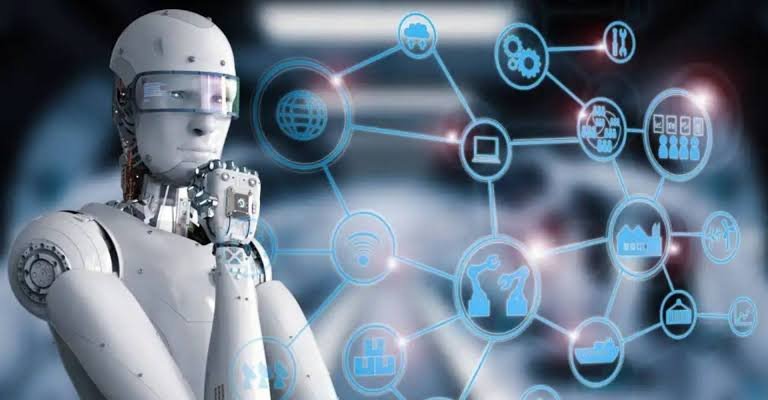The Future of Work: AI, Automation, and the Gig Economy
In recent years, we’ve witnessed a dramatic shift in the way work is conducted, driven by rapid advancements in artificial intelligence (AI), automation, and the gig economy. As we look to the future, these forces are set to redefine jobs, industries, and the skills required to thrive. But what does this future truly look like, and how can workers and businesses prepare?
Understanding the Role of AI in the Workplace
AI has transitioned from science fiction to an integral part of everyday business. In industries ranging from healthcare to finance, AI technologies streamline processes, enhance decision-making, and improve efficiency. For example, chatbots now manage customer service inquiries, while machine learning algorithms analyze vast data sets to help companies make strategic decisions.
However, the rise of AI also raises questions about the impact on traditional roles. Many routine tasks are increasingly automated, which means that employees need to focus on developing skills that AI cannot easily replicate, such as critical thinking, creativity, and emotional intelligence.
Automation: Redefining Jobs and Tasks
Automation complements AI by handling repetitive, manual tasks, making processes faster and more cost-effective. This shift frees up human employees to work on higher-level projects but also affects certain job sectors more heavily. According to a report by the World Economic Forum, nearly 50% of all jobs are expected to be impacted by automation by 2030.
Some key areas where automation is making an impact include:
1. Manufacturing: Robots now handle assembly lines and precision tasks.
2. Retail and Customer Service: Automated checkout systems and virtual assistants.
3. Data Processing: AI-driven data entry and management in finance and IT.
These shifts don’t necessarily mean a loss of jobs but rather a transformation of roles. Employees must be ready to adapt and continuously upskill to stay competitive in an automated world.
The Gig Economy: Flexibility and Independence in the Future Workforce
The gig economy—characterized by short-term contracts, freelance work, and independent contracting—has seen exponential growth. Today, over 36% of the workforce in the U.S. participates in some form of gig work, with this number expected to grow as both companies and individuals embrace more flexible work arrangements.
Gig work is popular for several reasons:
Flexibility: Workers can choose projects that fit their schedules and lifestyles.
Variety: Freelancers often work with multiple clients, gaining diverse experience.
Independence: Many gig workers appreciate the autonomy and control over their careers.
However, the gig economy also comes with challenges. Gig workers often lack benefits like health insurance and job security, making it crucial to have financial planning and management skills.
How Businesses and Workers Can Prepare for the Future of Work
To successfully navigate this new landscape, businesses and employees must adapt. Here are strategies for staying ahead in a future defined by AI, automation, and gig work:
1. Embrace Lifelong Learning: With technology rapidly evolving, skills that were relevant five years ago may not be sufficient today. Platforms like Coursera, Udemy, and LinkedIn Learning provide opportunities for continuous skill enhancement.
2. Focus on Soft Skills: Skills such as creativity, emotional intelligence, and problem-solving cannot be easily automated. These competencies will continue to be highly valued.
3. Invest in Digital Literacy: Basic tech skills are essential. From understanding AI-driven tools to managing projects in a digital environment, workers must be comfortable with technology.
4. Build a Strong Personal Brand: In the gig economy, a solid online presence can open doors to opportunities. Maintaining an updated LinkedIn profile, personal website, or portfolio can help freelancers attract more clients.
5. Stay Adaptable: Change is the only constant. Those who are open to evolving alongside technology will have a significant advantage.
Final Thoughts: The New Era of Work
As we step into the future of work, AI, automation, and the gig economy present both challenges and opportunities. By embracing lifelong learning, focusing on human-centered skills, and adapting to new work models, today’s workforce can not only survive but thrive in this dynamic environment.
The future of work is no longer a distant concept—it’s unfolding right before our eyes. Are you ready to be a part of it?




